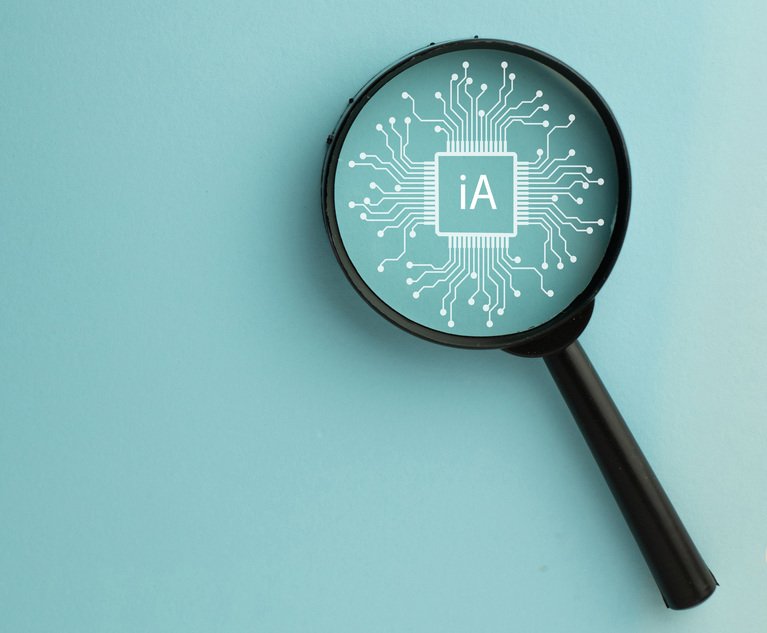 In Part 1 of this two-part series, we addressed the current federal gift and estate tax law provisions, the risk for legislative change to those provisions and certain planning opportunities that may be significantly less advantageous in 2021 to make gifts using a “dynasty” trust, a “SLAT,” or an LLC structure and was published in the previous issue. Part 2 addresses additional planning techniques and considerations, such as the selection of assets to gift, the use of a grantor trust and/or self-settled trust, state estate and gift tax law provisions and other potential changes to federal law to be considered by taxpayers in 2020.
In Part 1 of this two-part series, we addressed the current federal gift and estate tax law provisions, the risk for legislative change to those provisions and certain planning opportunities that may be significantly less advantageous in 2021 to make gifts using a “dynasty” trust, a “SLAT,” or an LLC structure and was published in the previous issue. Part 2 addresses additional planning techniques and considerations, such as the selection of assets to gift, the use of a grantor trust and/or self-settled trust, state estate and gift tax law provisions and other potential changes to federal law to be considered by taxpayers in 2020.
Selection of Appropriate Assets to Gift. In general, donees receive the same basis—known as carry-over basis—in gifted assets as the donor had in them (whether the gift is made in trust or outright). As a result, in the event that the donee then sells the gifted asset, the donee will pay tax on any capital gain in the asset just as the donor would have had to do. Alternatively, assets owned at death receive an adjustment in basis to make it equal to the fair market value of the asset on date of death. This permits the beneficiary of an estate to sell the bequeathed asset without recognition of gain in the value of the asset that occurred prior to the decedent’s death. This difference in treatment of an asset’s basis requires that basis should be taken into account in selecting which assets to gift—although part of the calculus should be the possibility of future law change (one of many in additional proposed changes—see below) that would apply carry-over basis to inherited assets. To minimize capital gain tax, gifts should be made of high tax basis assets and low basis assets should be retained by the donor so that the appreciation in these assets would under current law escape capital gain taxation following the donor’s death. In addition, assets that are likely to appreciate in value are often the best candidates for gifting so that the future value appreciation is not subject to gift or estate tax in the donor’s estate.
This content has been archived. It is available through our partners, LexisNexis® and Bloomberg Law.
To view this content, please continue to their sites.
Not a Lexis Subscriber?
Subscribe Now
Not a Bloomberg Law Subscriber?
Subscribe Now
LexisNexis® and Bloomberg Law are third party online distributors of the broad collection of current and archived versions of ALM's legal news publications. LexisNexis® and Bloomberg Law customers are able to access and use ALM's content, including content from the National Law Journal, The American Lawyer, Legaltech News, The New York Law Journal, and Corporate Counsel, as well as other sources of legal information.
For questions call 1-877-256-2472 or contact us at [email protected]






